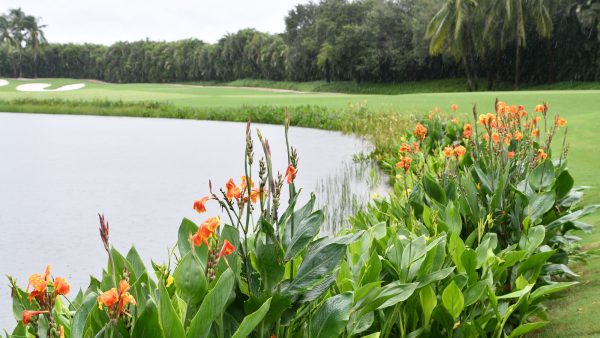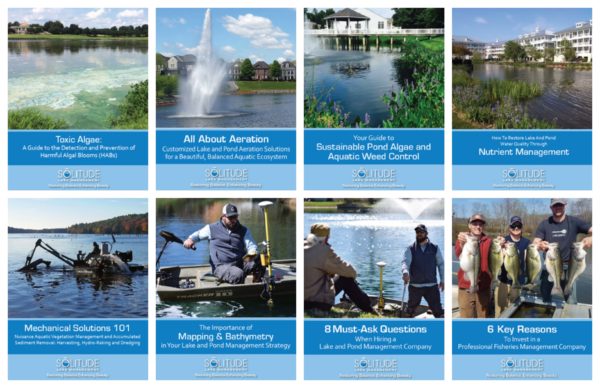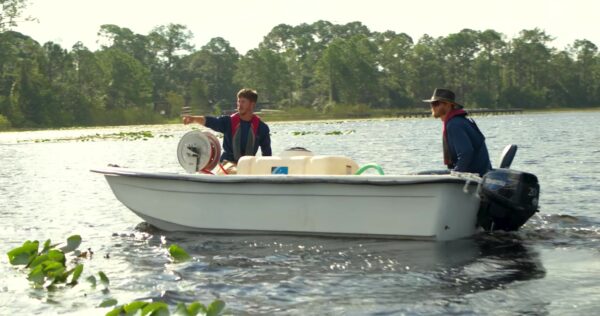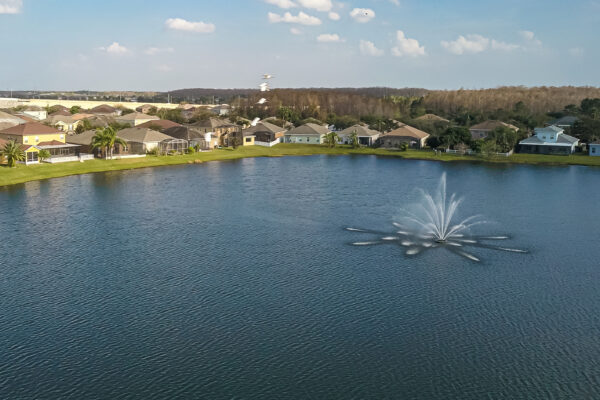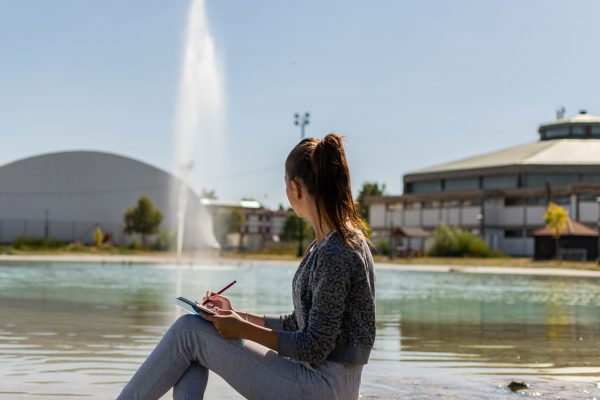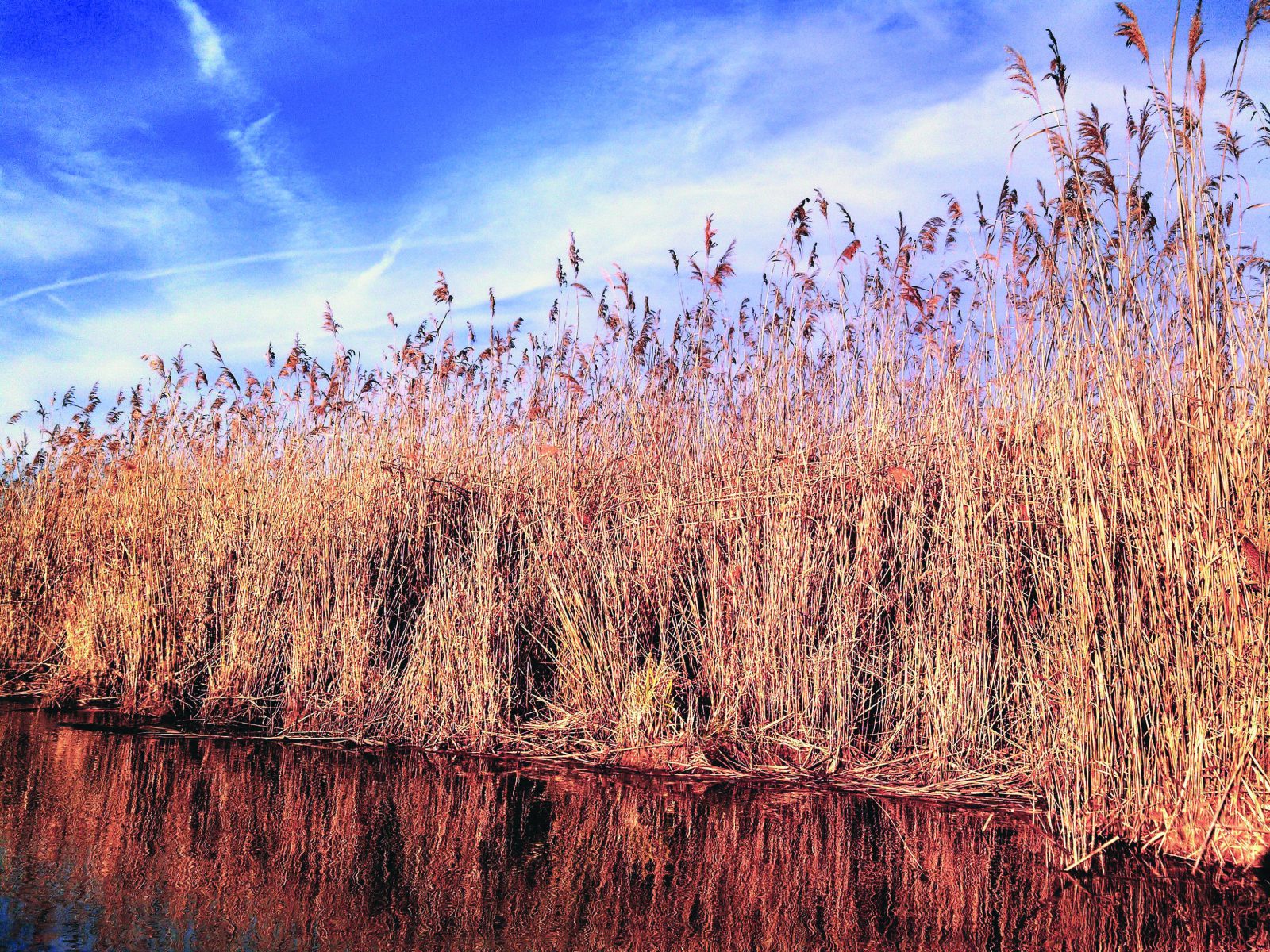
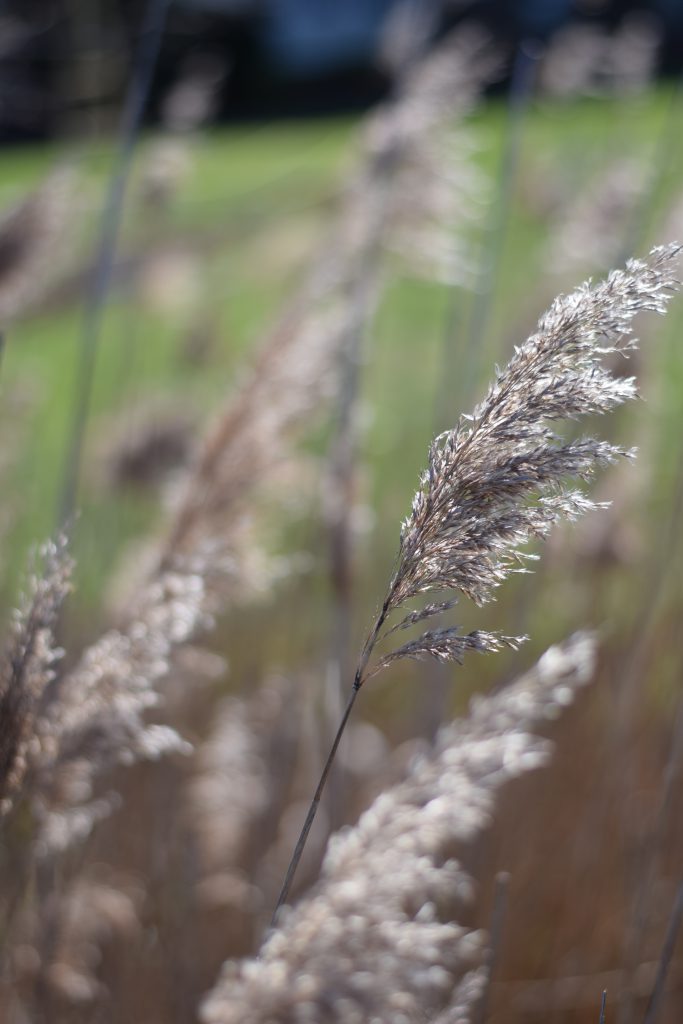
Phragmites Australis: Invasive Species Control and Management
Phragmites australis, known as Phragmites or common reed, are non-native, invasive plants that dominate the land by out-competing surrounding native vegetation. The spread of invasive species is often the result of human activity, but can also be spread by wildlife. Management can be extremely difficult without the experience and guidance from a professional. When it comes to Phragmites, an integrated management strategy that incorporates herbicide applications and mechanical techniques is recommended to effectively gain control of Phragmites and restore the native habitat.
Controlling Phragmites is a multi-year endeavor with a 95% reduction with the re-establishment of native plants. Four management steps are recommended for golf courses, homeowners associations, municipalities, and other affected communities to gain control of these pesky invaders.
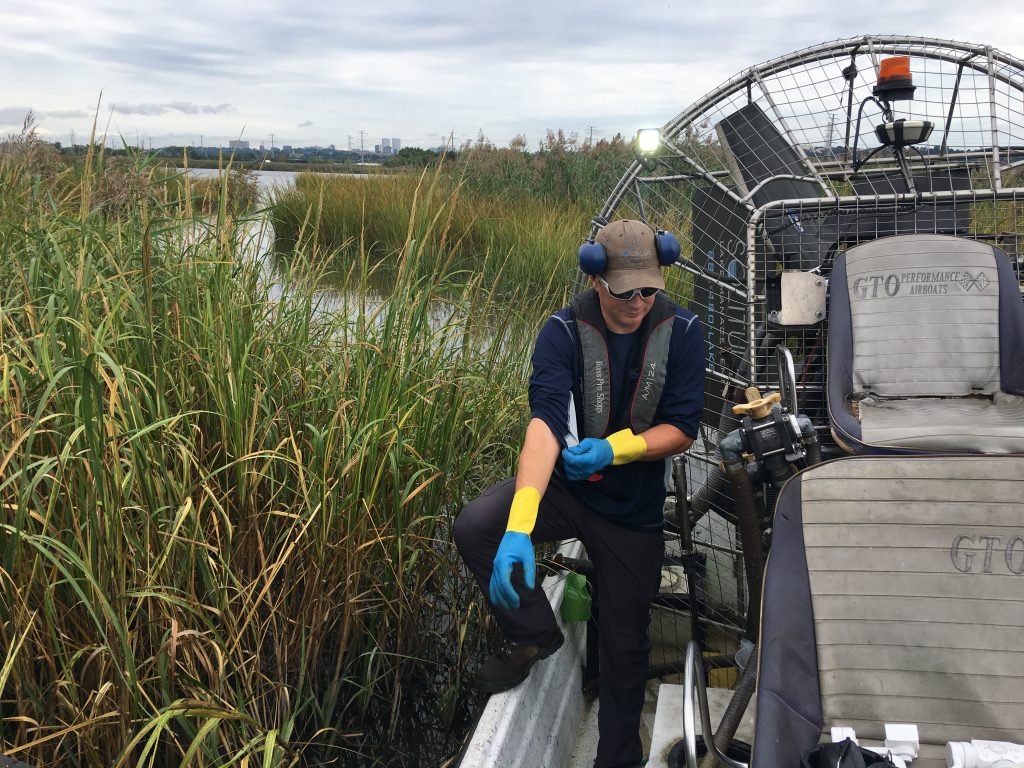
Assessment Of The Infestation
A professional evaluation measuring the extent of growth, native plant assemblage, and general terrain is the first step in devising a treatment plan that best meets the needs of the native environment. Consulting with a wetland management professional is critical to ensure necessary permit applications are prepared and the most effective tools and strategies are utilized to safely target the invasive growth.
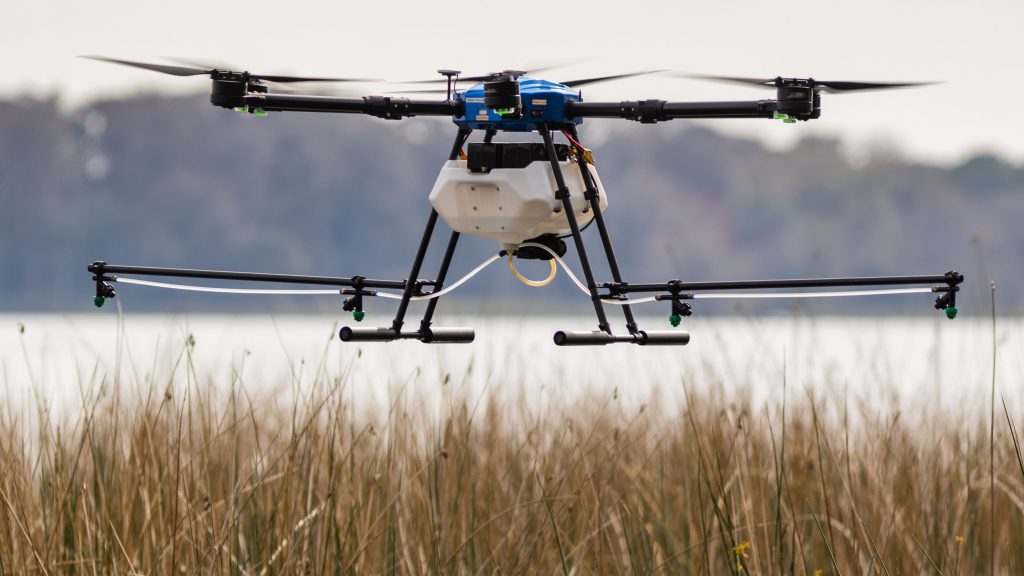
Herbicide Application
Herbicide treatments, often the most effective means of achieving long-term eradication, should be area-specific based on your property’s unique characteristics. Low-ground pressure vehicles and advanced drone technology are often used by professionals to access the remote and sensitive areas of a wetland. While treatment during the fall is typically preferred and most effective, it can be performed from mid-to-late June through October.
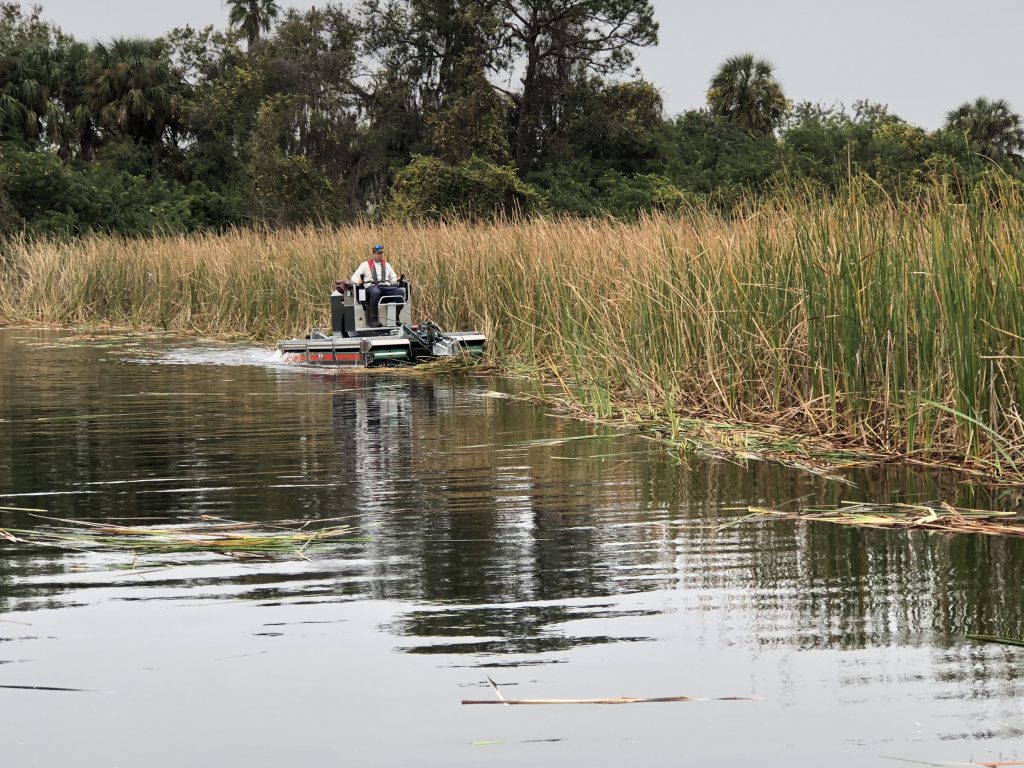
Physical Removal
Mechanical removal techniques are often used in conjunction with herbicide treatments. Removal of the dead stalks can be accomplished by cutting, burning, and hand-pulling. Because the rhizomes, which are an integral part of the plant’s root system, are located underground, these efforts will likely be required over the course of 3-5 years to fully establish control.
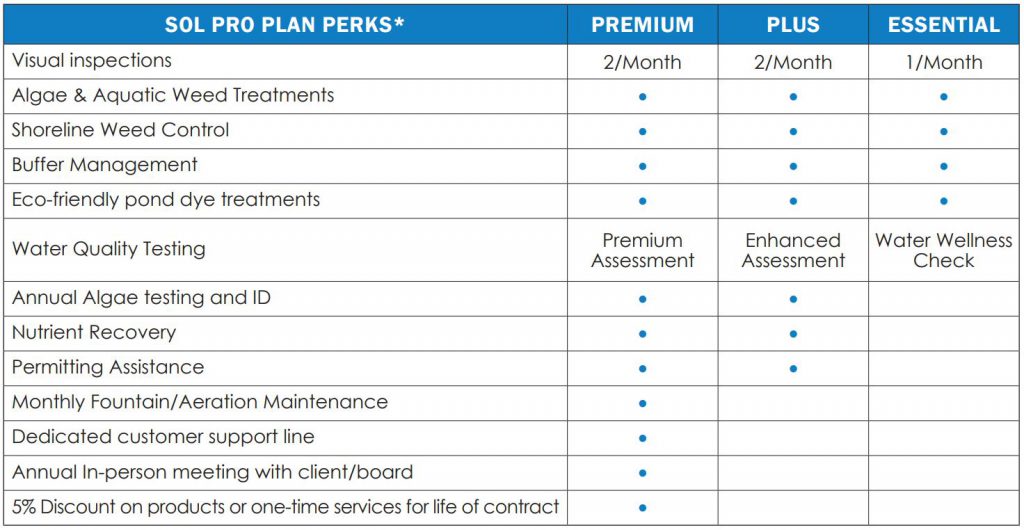
Prevention and Protection
Despite advanced technology, professionally operated drones, and specialized ground equipment, controlling invasive species takes time. The single most important step of an ongoing management program is education and prevention. Having your site inspected annually through a SOL Pro Plan will allow nuisance species to be identified early on, giving your wetland management professional the opportunity to eliminate them before they spread.
Despite advanced technology and equipment, controlling invasive species takes time. A successful Phragmites control plan can take up to five years of annual management. The single most important step of an ongoing management program is prevention. Having your site inspected regularly will allow nuisance species to be identified early on, giving your wetland management professional the opportunity to eliminate them before they spread.
Sustainable Lake & Pond Management
SOLitude Lake Management is a nationwide environmental firm committed to providing sustainable solutions that improve water quality, enhance beauty, preserve natural resources and reduce our environmental footprint. SOLitude’s team of aquatic resource management professionals specializes in the development and execution of customized lake, pond, wetland and fisheries management programs that include water quality testing and restoration, nutrient remediation, algae and aquatic weed control, installation and maintenance of fountains and aeration systems, bathymetry, mechanical harvesting and hydro-raking, lake vegetation studies, biological assessments, habitat evaluations, and invasive species management. Services and educational resources are available to clients nationwide, including homeowners associations, multi-family and apartment communities, golf courses, commercial developments, ranches, private landowners, reservoirs, recreational and public lakes, municipalities, drinking water authorities, parks, and state and federal agencies. SOLitude Lake Management is a proud member of the Rentokil Steritech family of companies in North America.

